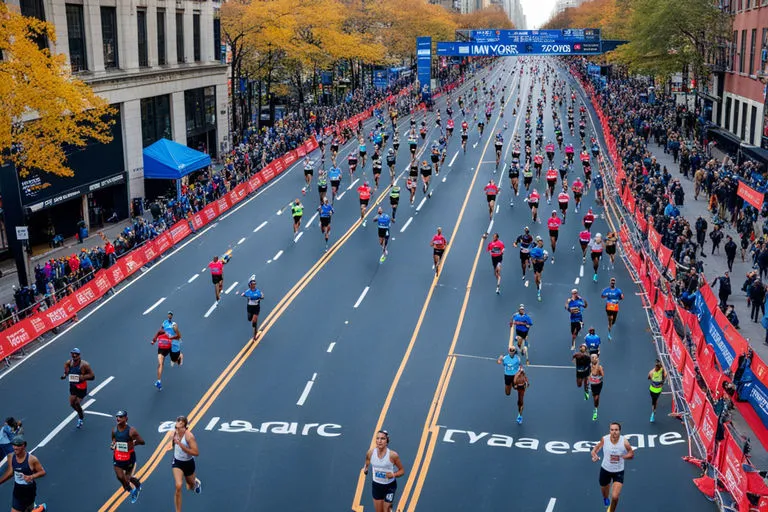
Running a marathon is an incredible feat of endurance, dedication, and passion. The New York City Marathon, one of the most iconic and prestigious races in the world, attracts hundreds of thousands of runners every year, each with their own unique story and motivation. However, before you lace up your running shoes and hit the streets of the Big Apple, it’s essential to understand the financial commitment involved. In this article, we’ll delve into the real cost of running the New York City Marathon, shedding light on the expenses that often go unnoticed.
The Entry Fee: Your Ticket to the Race
The first and most obvious cost associated with the New York City Marathon is the entry fee. For the 2023 race, the entry fee for U.S. residents was $255, while international runners paid $358. This fee covers the cost of organizing the event, providing on-course support, and ensuring the safety of participants.
Training Essentials: Gear, Nutrition, and More
Preparing for a marathon is not just about logging miles; it’s also about equipping yourself with the proper gear and fuel. Running shoes can cost anywhere from $80 to $200, depending on the brand and features you prefer. Additionally, you’ll need to invest in moisture-wicking apparel, socks, and other accessories to ensure your comfort during training and on race day.
Nutrition is another critical aspect of marathon training. Proper fueling can make or break your performance, so you’ll need to factor in the cost of energy bars, gels, and supplements. Depending on your preferences and dietary needs, this expense can range from $50 to $200 or more per month.
Travel and Accommodation: Getting to the Starting Line
Unless you’re a local New Yorker, you’ll need to factor in the cost of travel and accommodation for the marathon weekend. Airfare, hotel stays, and transportation within the city can quickly add up, especially during the peak marathon season. If you’re traveling from outside the country, you’ll also need to consider the cost of obtaining a visa, if required.
Post-Race Recovery: Treating Your Body Right
After crossing the finish line, your body will need time to recover and repair. This may involve investing in massage therapy, physiotherapy, or other recovery techniques. While not strictly necessary, these additional costs can help you bounce back faster and prepare for your next challenge.
The Intangible Costs: Time, Effort, and Dedication
Beyond the financial costs, running a marathon like the New York City Marathon requires a significant investment of time, effort, and dedication. Training for a marathon can take months, with runners logging hundreds of miles in preparation. This commitment can impact your work, social life, and overall well-being, making it essential to strike a balance and prioritize self-care.
Putting It All Together: A Realistic Estimate
So, how much does it really cost to run the New York City Marathon? While the exact amount will vary based on individual circumstances, here’s a rough estimate:
- Entry Fee: $255 (U.S. residents) or $358 (international runners)
- Running Gear and Nutrition: $500 – $1,000
- Travel and Accommodation: $1,000 – $3,000 (depending on your location and preferences)
- Post-Race Recovery: $100 – $500
- Total Cost: $1,855 – $4,858 (excluding potential lost wages or opportunity costs)
The Priceless Experience: Is It Worth It?
Despite the significant financial investment, many runners will tell you that the experience of running the New York City Marathon is priceless. The sense of accomplishment, the thrill of crossing the finish line, and the memories created along the way make it a truly unforgettable experience.
If running the New York City Marathon is a dream of yours, start planning and saving early. Consider fundraising opportunities, seeking sponsorships, or joining running groups to help offset some of the costs. Remember, the journey is just as important as the destination, and the rewards of crossing that finish line will be immeasurable.
Read Next: Best Neighborhoods in NYC for Families: Safe and Family-Friendly Areas to Live in the City